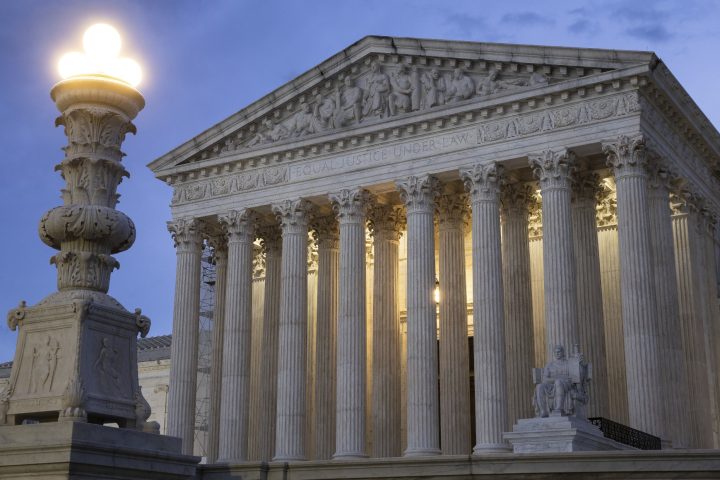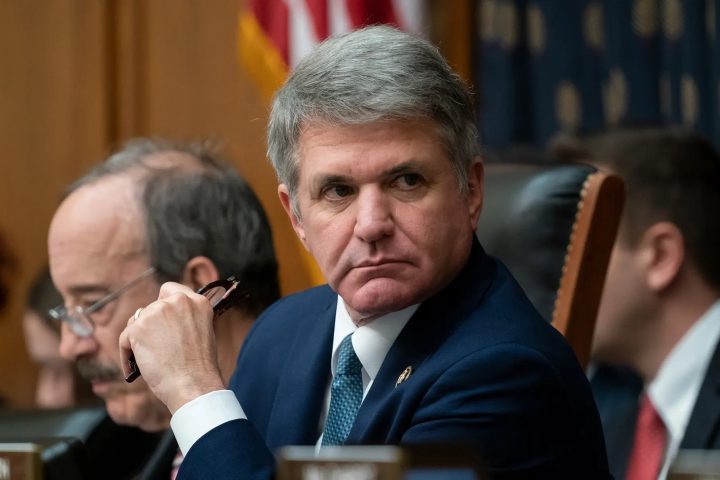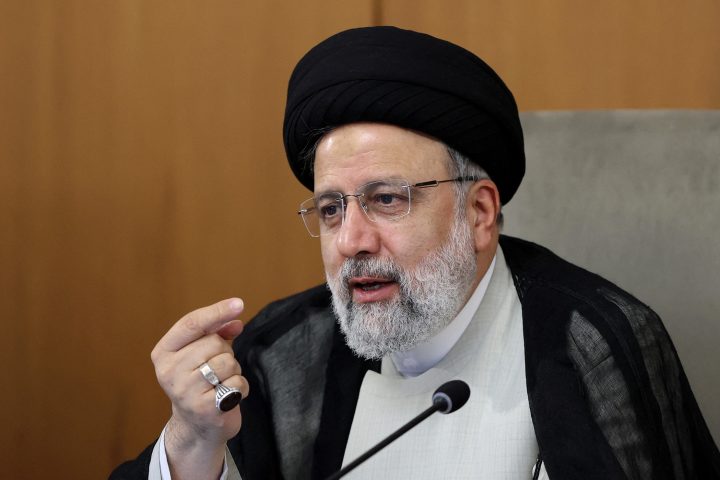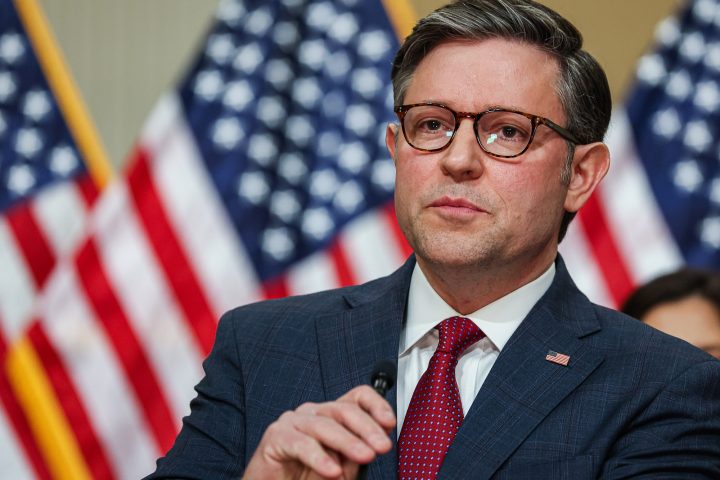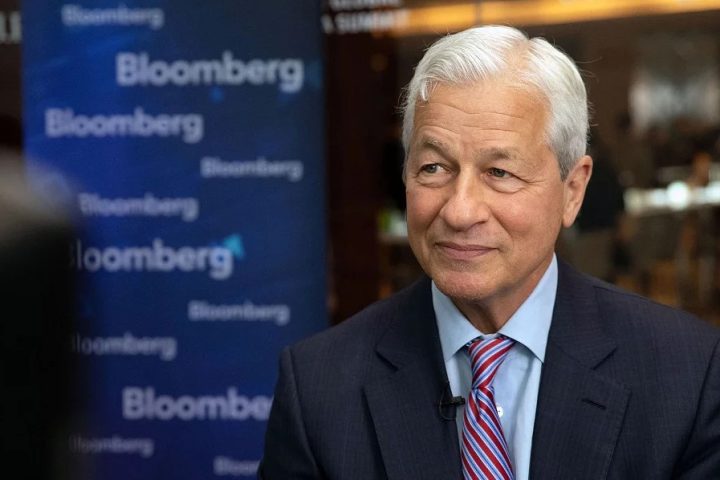The United Nations Security Council approved its inaugural resolution urging a cease-fire in Gaza on Monday, marking a significant diplomatic move as the U.S. opted to abstain from the vote concerning Israel’s conflict with Hamas.
With a vote count of 14 in favor, none against, and one abstention, the council erupted into applause following the decision.
The resolution stipulates an immediate cease-fire for the duration of the Muslim holy month of Ramadan and the prompt release of all hostages.
This development swiftly follows the recent veto from Russia and China, which thwarted a U.S.-backed resolution tying the cease-fire to hostage release.
Expressing escalating concerns for the plight of Palestinians in Gaza, officials from the United Nations have thrown their weight behind this resolution.
U.N. Secretary-General António Guterres emphasized the imperative nature of implementing the resolution, stating, “Failure would be unforgivable,” in a message posted on X, formerly known as Twitter.
Unlike General Assembly resolutions, U.N. Security Council resolutions carry legal weight, albeit with the potential for technical disregard.
While the U.N. high court, currently adjudicating a genocide case linked to the conflict, has mandated Israel to safeguard Gaza civilians, the extent of compliance remains uncertain.
The U.S.’s decision to abstain may unsettle Israel, historically reliant on U.S. support at the council. Washington had previously vetoed three cease-fire resolutions.
Amidst threats of advancing into Rafah, southern Gaza, where over a million Palestinians seek refuge, Israel’s plans remain fluid, with Prime Minister Benjamin Netanyahu endorsing military strategies despite U.S. encouragement for alternatives.
The conflict stems from an October 7 attack, resulting in approximately 1,200 fatalities and the capture of around 250 hostages by Hamas, with an estimated 100 still in their custody. Over 31,000 Palestinian casualties have been reported since the conflict’s inception.
Although the cease-fire coincides with Ramadan, spanning from March 10 to April 9, its temporary nature leaves room for a potentially enduring pause.
While U.S. Ambassador to the U.N. Linda Thomas-Greenfield cited the resolution’s failure to condemn Hamas for the October 7 attack as cause for abstention, she affirmed support for other pivotal objectives outlined in the resolution.
Netanyahu’s decision to cancel a Washington delegation visit post-UN vote was labeled as “disappointing” by White House national security spokesperson John Kirby, who reiterated U.S. policy continuity regarding Gaza.
Israeli U.N. representative Gilad Erdan criticized the resolution’s silence on condemning Hamas for the October 7 massacre, branding it a “disgrace.”
In contrast, the Palestinian representative to the U.N., Riyad Mansour, hailed the resolution as a moral imperative toward halting the conflict, emphasizing the urgent need to save lives in the region.


